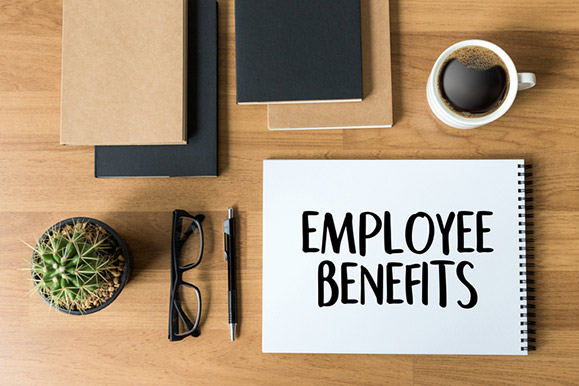How To Deal With Worker’s Compensation And A Noncooperative Employer

You are at work when suddenly, you are involved in a work-related accident and find yourself injured. Upon seeking medical attention, it is discovered that you are either temporarily or permanently disabled and unable to work.
This is a troubling situation, but it is not always as bad as it may seem. If you can recover and go back to work, things should not be that difficult for you. Your financial situation should not be too terribly altered, whether your injuries are permanent or temporary.
Workers’ compensation benefits exist for just this reason; so that you can get paid while you are out due to a work-related injury. However, there have been instances in which employers are not as cooperative with regard to workers’ compensation as they should be.
Some employers just do not put forth the effort to provide you with the information needed to file for your benefits. Others may try to put off filing for benefits with the hopes that you will give up and not pursue it. Whatever the reason may be, it is not ideal for your employer to be uncooperative with worker’s compensation information.
The following is some information that you can use in the event that you find yourself in a situation in which your employer is less than helpful with your benefits.
Why an Employer Would Not be Cooperative
There are several ways an employer can be uncooperative with your worker’s compensation benefits. State laws provide that employers are required to have workers’ compensation information readily available to employees in the event of an accidental injury.
Furthermore, your human resources department should be proactive and get your benefits paperwork going before you even have to ask. Unfortunately, some choose not to do this for nefarious reasons. Others are just sloppy record keepers and do not move forward with the paperwork.
In some of the more egregious cases, employers may not have paid the insurance premium to the insurer that services workers compensation benefits. In this instance, it is a chance that your benefits will either be delayed or you will not receive them at all without a fight.
Types of Noncooperation by Employers
In addition to not paying the insurance premium or keeping sloppy files, there are some additional ways that employers can be uncooperative. One common tactic used by employers is to have a preferred medical provider for their employees to see when they are injured at work.
While this may seem easy enough, some employers are not forthright with their reasons for wanting you to see their preferred doctors. While you are not paying anything out of pocket for the treatment you receive with a preferred provider, it is likely that there is some kind of partnership between the doctor and your employer, which can often lead to unethical situations.
What You Need to Do
If you feel like your employer is not cooperating with you when it is time to file your worker’s compensation benefits, you need to first investigate it further with your human resources department. It is possible that there was just an oversight or a mistake with no mal-intent.
However, if you investigate further and suspect that your employer is not cooperating with you on your worker’s compensation benefits, you need to speak to an attorney. There is little time to waste, as you will need a financial resource while you are unable to work.
Your attorney will help you through the process of getting your benefits paid to you one way or another. It may come to filing a lawsuit to get some sort of compensation. After all, you will have many medical expenses as well as a way to provide for yourself while you are out of work. If you need additional information, please contact Stafford, Neal & Soule, S.C.
